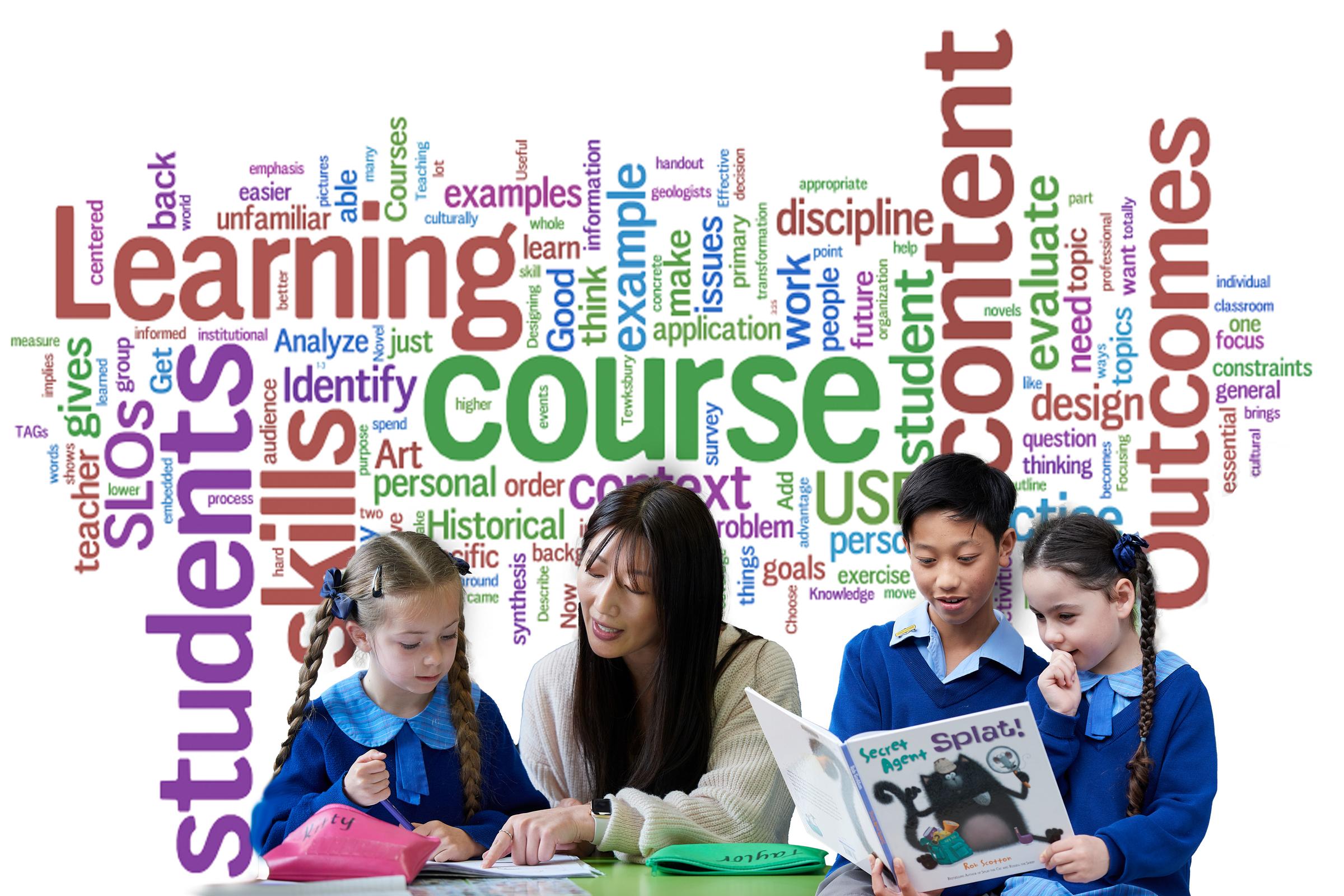Learning and Teaching

As part of the Melbourne Archdiocese of Catholic Schools Vision for Instruction, we are transitioning and deepening our approach to reading. Research has shown that there are six key components that contribute to successful beginning reading. Because of the importance of these components, they have become known as ‘The Big Six’:
- oral language,
- phonological awareness,
- phonics,
- vocabulary,
- fluency and
- comprehension.
Across the semester, we will share information about each of the components of Reading. The first element to be shared is Fluency.
Fluency
How does fluency contribute to reading success?
Reading fluency refers to the ease with which children read. When reading aloud, fluency is affected by accuracy, rate and expression. To assist children to practise reading fluently in the early years of school, teachers often ask them to read aloud easier or familiar books. This lets children read confidently as they automatically and accurately recognise words, read at a rate that sounds more like spoken language and use a range of expression, intonation, pauses and rhythm. When your child participates in home reading each night, the book they read should be at an easy level so they can read fluently.
Fluency makes oral reading more lively and allows the author’s message to be communicated more clearly. Being able to read fluently gives young readers confidence in their own ability as readers and helps them to be interested, motivated and enjoy reading.
What can parents do at home to encourage fluency?
The best thing parents can do to encourage fluency at home is to demonstrate it.
• Read and reread favourite books.
• Read aloud with emotion in English or your first language.
• Invent sound effects when reading.
• Use different voices to indicate the characters and narrator.
• Change your voice volume, tone and pace as you read different parts of a book; perhaps
slow down at a scary bit or speed up at a tense point.
• Have fun and enjoy yourself and your child will enjoy themselves too.
• Listen to audiobooks together with your child. Many children’s books can be downloaded in
audio form from your local library.
Excerpt taken from www.theliteracyhub.edu.au
Deborah Courtney
Director of Learning and Teaching
